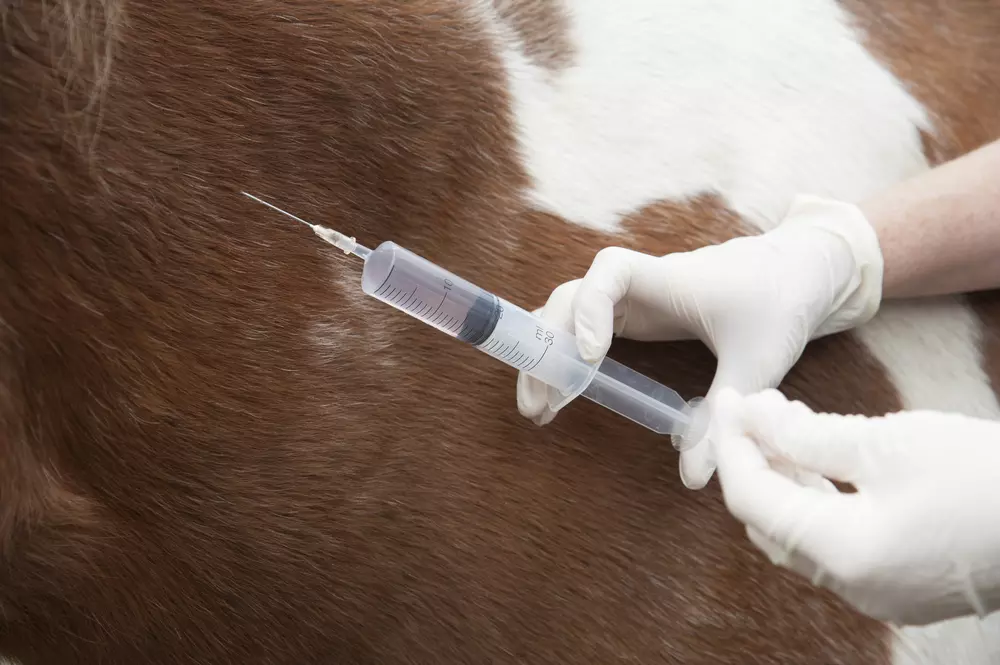In an industry where there are still too many low-grade tracks that cause in-competition injuries or are the last stop for poor-performing horses on their way to slaughter plants in Mexico and Canada, California’s Santa Anita Track is held up as one of the best venues in the trade. It hosts the most highly rated horses readied for racing by the best-known trainers.
Since the start of the winter meeting on December 26th, twenty-two horse fatalities have occurred, too large a number of tragic track mishaps for anybody associated with the business to ignore. Officials at the track, owned by the Stronach Group, which owns many of the best-known tracks in the nation, suspended racing temporarily, even as horse industry officials hunted for clues to explain the rash of breakdowns and deaths. Just this afternoon, officials announced a ban on all drugs and the use of whips on racing days at Santa Anita.
Their deaths on the track are the latest grim reminders that this is an industry with a growing public-relations problem and in need of national reform. If it’s happening at a place considered to be one of the best racing venues – with a racing commission thought to have stronger horse- and jockey-protection rules than other states — you know that there a raft of problems occurring at other tracks throughout the nation.
U.S. Reps. Paul Tonko (D-NY), and Andy Barr (R-KY), who represent two storied breeding and racing centers in American horse racing — Saratoga Springs and Lexington – today introduced the Horseracing Integrity Act. Their bill, H.R. 1754, seeks to end the doping of American race horses and create a uniform national standard for drug testing that would be overseen by the U.S. Anti-Doping Agency (USADA).
It’s not the first time they’ve introduced the bill, but the momentum for reform within the industry seems genuine. And the tragedy unfolding at Santa Anita reminds every participant in the industry that the entire enterprise of horse racing exists because lawmakers allow it and fans wager on it. When the trust is broken or gone, their racing days, and the entire industry that supports the core business, itself becomes permanently crippled.
When horses are doped up and bred for champagne-glass legs (valuing speed rather than durability), they become more susceptible to breakdowns on the track. Track surfaces and unpredictable weather patterns contribute to the risks.
Doping is typically utilized on race day to enhance the horses’ performance or to mask injuries and get unsound horses on the track – a shameful practice in our society, and one that is counterproductive to building a humane economy. Some of the biggest names in training –including Rick Dutrow and Doug O’Neill– are chronic violators of the modest, state-based anti-drugging rules. America’s horse-racing tracks, all too often, are turning into crash sites.
Right now, regulation of this industry is balkanized, with each of 38 racing jurisdictions having its own set of rules. They allow different medications, varying levels of permissible medications, different penalties for violations, different rules on which horses are tested for drugs, and different laboratories to do the testing. Without one single regulating body, racehorse owners and trainers who are barred from racing in one jurisdiction can simply move their business elsewhere.
This is a national industry, and like football or baseball or other major American sports – perhaps more so, since the equine athletes cannot speak up for themselves – we need national standards to prevent unethical trainers and veterinarians from doping horses to improve their chances of winning.
With so many tracks owned by major casinos, there are now very high purses for the owners of winning horses. That results in many owners and trainers gambling it all – by putting injured horses on the track in order to recoup their investments in the animals on the chance they may win. At dozens of lower-tier tracks in the United States, horses are racing too frequently, racing with drugs in their system, and being put at risk by people who care more about profits than the horses or the jockeys.
Many leaders within the industry, including The Jockey Club, The Breeders’ Cup, the New York Racing Association (which operates The Belmont Stakes), and The Stronach Group are coming together to find a common set of reforms they can rally around and convince Congress to embrace. Animal Wellness Action has joined The Coalition for Horseracing Integrity to push that discussion forward. The coalition is pushing for federal legislation that would establish a uniform set of rules, testing procedures, and penalties, enforced by the non-profit U.S. Anti-Doping Agency (USADA) – the same agency that monitors Olympic sports in the United States – to rid racing of unethical drugging and doping of horses. Such legislation is crucial to protect the animals and jockeys in an industry that has proven it cannot and will not regulate itself.
We should not need mass breakdowns and horse deaths to trigger reform. We have plenty of information now to take action and put USADA in charge of running an anti-doping program on American racing tracks. For this sport to retain credibility with the American public, and not be viewed as allowing a free-for-all when it comes to safety and humane treatment standards, Congress needs to act before it finishes work this year.
You can help by clicking here to contact your federal lawmakers and ask them to cosponsor the Horseracing Integrity Act
